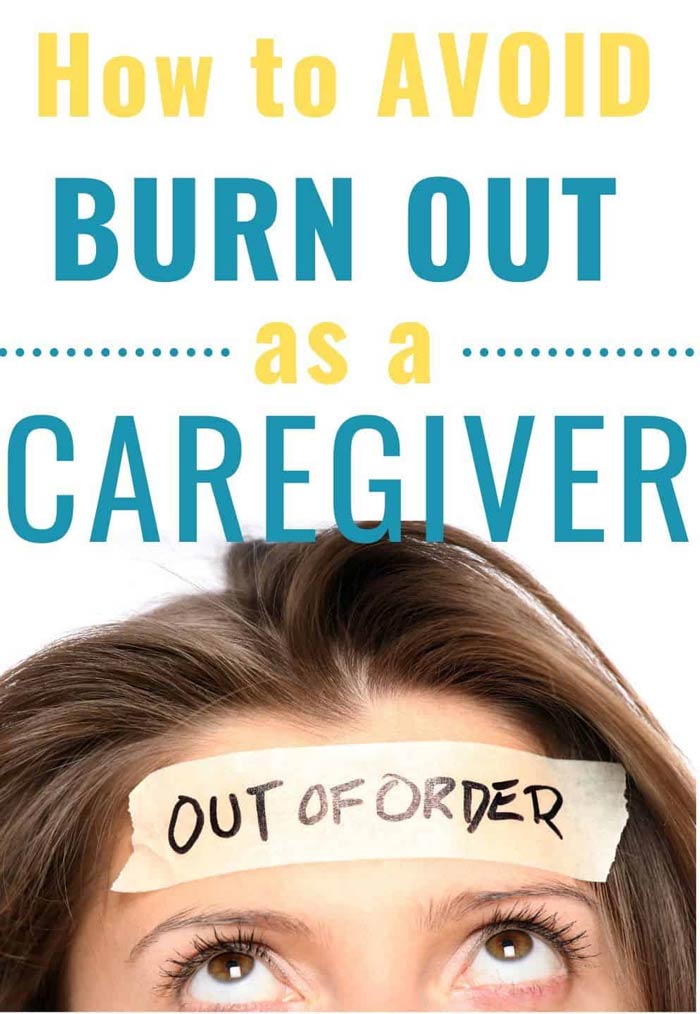
Please choose a body region on the right for you to pin point the problem area of your body.

Shop by Condition

Shop by Brand
Caring for a loved one can be both rewarding and challenging. It requires a lot of physical and emotional energy, and caregivers are often at risk of experiencing burnout. Burnout is a state of physical, emotional, and mental exhaustion caused by prolonged stress. It can have a significant impact on a caregiver's health and well-being, and it's essential to take steps to prevent it. In this post, we will discuss ten caregiver activities that can help prevent burnout.
 Take Breaks
Take BreaksTaking breaks is one of the most important caregiver activities to prevent burnout. Caregivers need to take time for themselves to recharge and refresh their minds and bodies. It's essential to take regular breaks during the day and schedule time for self-care activities. This could be as simple as taking a walk, reading a book, or taking a nap.
Mindfulness is a technique that involves being present in the moment and observing thoughts and feelings without judgment. It's an effective way to manage stress and anxiety and can help prevent burnout. Caregivers can practice mindfulness by taking a few minutes each day to focus on their breathing or engaging in meditation.
Caregiving can be isolating, and caregivers need social support to prevent burnout. Connecting with others can help reduce stress and provide a sense of community. Caregivers can join support groups or attend social events to connect with others who are going through similar experiences.
Regular exercise is a great way to reduce stress and improve overall health. Caregivers should aim to incorporate physical activity into their daily routine, such as taking a walk or going to a fitness class. Exercise can also help improve sleep quality and boost mood.
For maintaining good health and preventing burnout, a healthy diet is crucial. A balanced diet that includes lots of fruits, vegetables, and lean protein is advisable. A nutritious diet can help increase energy levels and enhance general health.
Getting enough sleep is crucial for preventing burnout. Caregivers should aim to get at least seven to eight hours of sleep per night. They can improve sleep quality by creating a sleep-friendly environment, such as keeping the bedroom dark, avoiding caffeine before bedtime, and establishing a regular sleep schedule.
Caring for a loved one can be emotionally draining, and caregivers need to take care of their emotional health to prevent burnout. They can do this by seeking support from a therapist or counselor, practicing self-care activities, and engaging in hobbies or activities that bring joy.
Caregivers often feel obligated to say yes to every request for assistance, which can lead to burnout. Learning to say no can help caregivers manage their workload and prevent burnout. Caregivers can set boundaries by communicating their needs and limits to others.
Effective time management is essential for preventing burnout. Caregivers can use tools such as calendars, schedules, and to-do lists to manage their time effectively. They should prioritize tasks and delegate responsibilities to others when possible.
Respite care is a service that provides temporary relief to caregivers. It allows caregivers to take a break and recharge while ensuring that their loved one's needs are met. Caregivers should consider taking advantage of respite care services to prevent burnout.
Caregiving can be challenging, but taking proactive steps to prevent burnout is essential for maintaining good health and well-being. Caregivers should prioritize self-care activities such as taking breaks, practicing mindfulness, connecting with others, exercising regularly, maintaining a healthy diet, getting enough sleep, taking care of their emotional health, learning to say no, practicing time management, and taking advantage of respite care services. By incorporating these caregiver activities into their daily routine, caregivers can reduce stress, prevent burnout, and continue providing the best care possible for their loved ones. It's important to remember that taking care of oneself is not selfish but rather necessary for being an effective caregiver.
| Stay Connected! | |
|
|
Related Articles
Get $10 off your next order when you sign up to receive our email newsletter.*
Simply enter your email address below!
*Minimum order value of $100. Valid email address to qualify.






